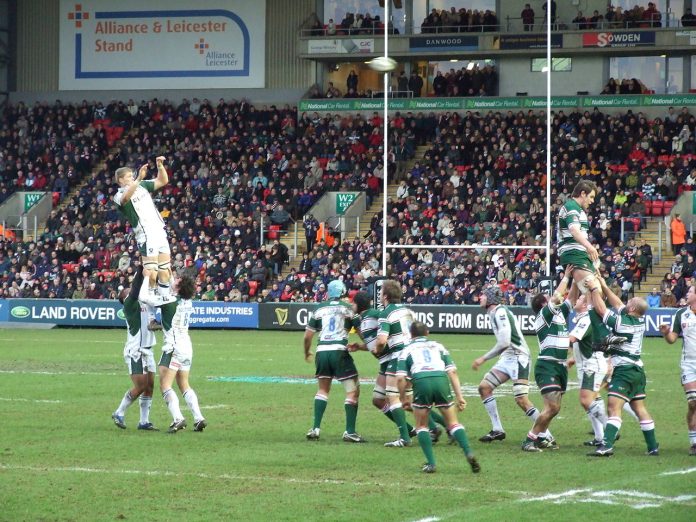Niall Mulholland, Newham and East London Socialist Party
In a cruel twist, in the same week that my West Ham-supporting son witnessed European glory in Prague, another team he has followed from childhood, London Irish Rugby Club, went the same way as Wasps and Worcester rugby union clubs and was kicked out of England’s Rugby Premiership.
London Irish’s demise is for different reasons to that of Wasps and Worcester, but what they have in common is the curse of commercialisation and private ownership. Worcester was undone by its co-owners, and Wasps was embroiled in a bond scheme. In London Irish’s case, it faced a £30 million debt. Its owner, Mick Crossan, decided to pull out from funding the club and failed to sell it to an American concern before the deadline set by the governing body, the Rugby Football Union (RFU).
This is a devastating and bitter blow to the thousands of London Irish supporters, many of who travel to games, week in, week out. Up to 100 players and staff will lose their jobs. The players had a 50% wage cut in May. Instead of collapsing, the club should have been celebrating its 125th anniversary later this year, at its new stadium in Brentford, having had a good season on the pitch, with high attendances.
London Irish, also known as the Exiles, was formed as an amateur club by immigrants from Ireland. Club legend, Topsy Ojo, who played over 300 professional games for London Irish, and is a well-known pundit of the game, said of the club going into administration: “There’s been a lot of tears, a lot of pain. People have committed their whole lives to this club through the generations. To not have that leaves a very big hole. It shouldn’t have ended like this. Whether it was the prospective owner giving false promises, or owners not looking elsewhere… I firmly believe this could have been avoided. It’s very troubling that this has to be the end of it.”
The entire Rugby Premiership is in crisis. Even the richest owner in the Premiership, Steve Lansdown, has indicated he is prepared to sell Bristol. Since the outset of ‘professionalism’ of the game in the mid-1990s, rugby has seen the dominance of wealthy owners. In 2019, the private equity firm, CVC, bought a 27% stake in Premiership Rugby.
“The clubs you think are secure at the moment are only secure because of a wealthy benefactor. And there is clearly investor fatigue. Every club is loss-making and those losses will accumulate to a point where we will be no longer able to fund them internally. I don’t see any reason why this problem shouldn’t get worse instead of better,” remarked Leicester’s former chief executive, Simon Cohen.
Many London Irish fans are hopeful their beloved club will eventually rise from the ashes, one way or another. However, amid speculation of London Irish joining the four provinces of Leinster, Munster, Ulster and Connaught in the United Rugby Championship, the Irish Rugby Football Union says “there are no plans to invest in rugby outside of Ireland.”
Many London Irish fans are now also giving their backing to the London Irish Amateur Rugby Football club, which is based at London Irish’s Hazelwood Centre training ground. But it is rumoured that Hazelwood may be sold off by the professional London Irish administrators to pay off the club’s debts.
Cohen and other commentators have called for Premiership Rugby and the RFU to reform their governance and have a “sustainable model”. Financially, the RFU dominates the Rugby Premiership. However, it also faces financial problems, with an estimated £40 million hole in its accounts, this year.
No amount of tinkering around with regulation and governance of privately owned clubs will bring about what the fans want. Wealthy owners will always bend the game to their will and stop bankrolling clubs when it suits. What is required is genuine fan-based, democratically run, community-controlled clubs, which would see the fairer allocation of resources all across grassroots rugby.








